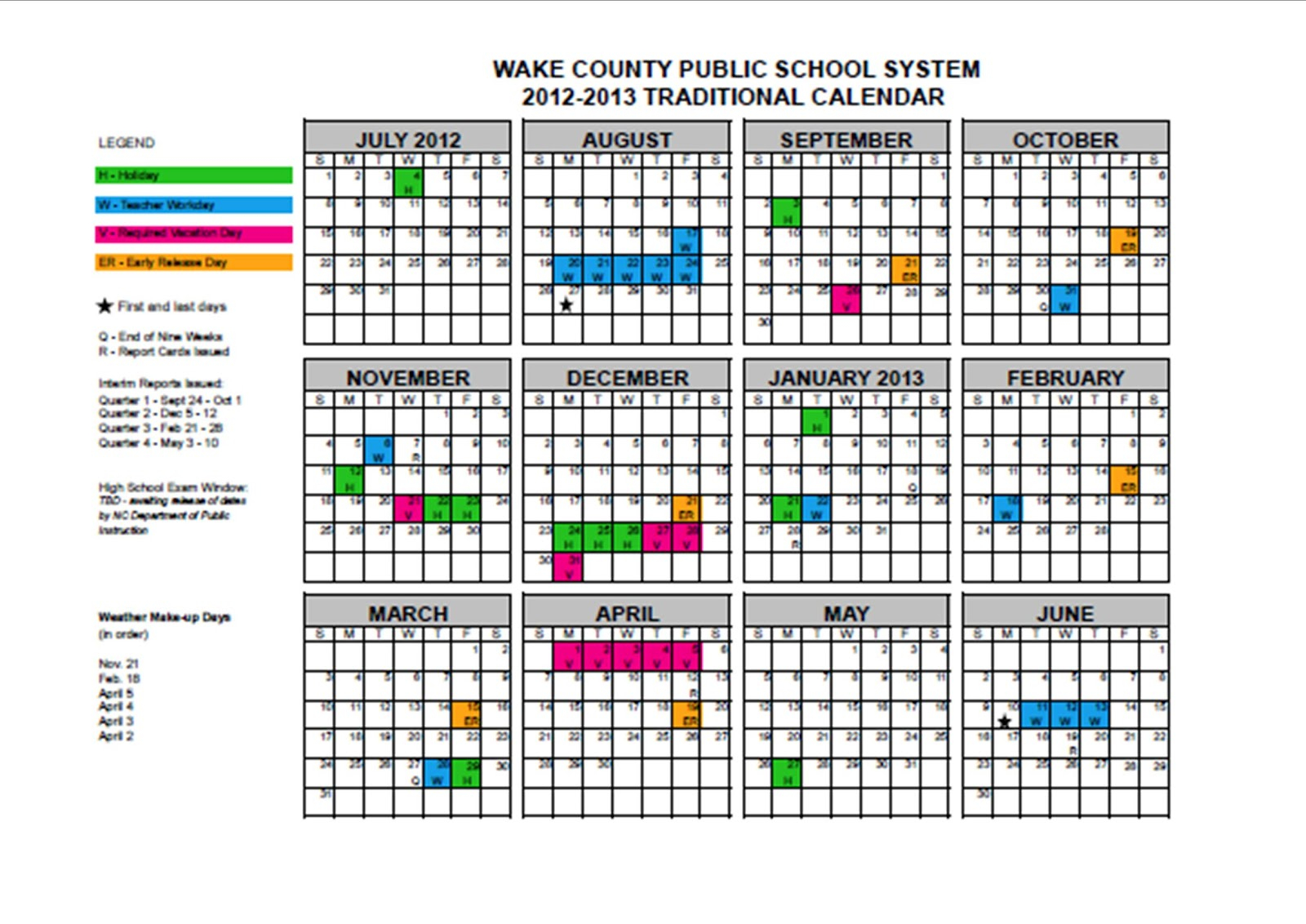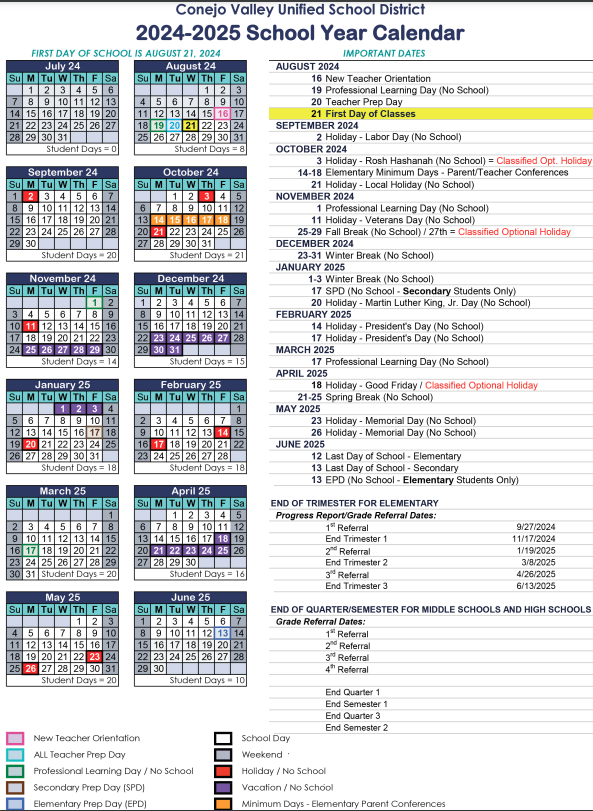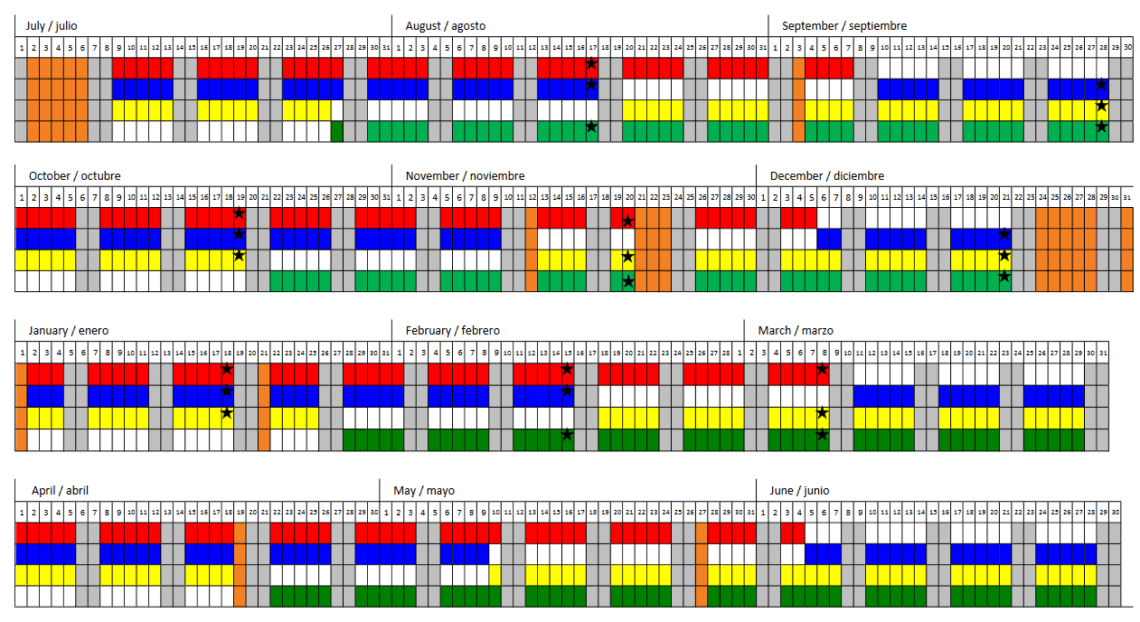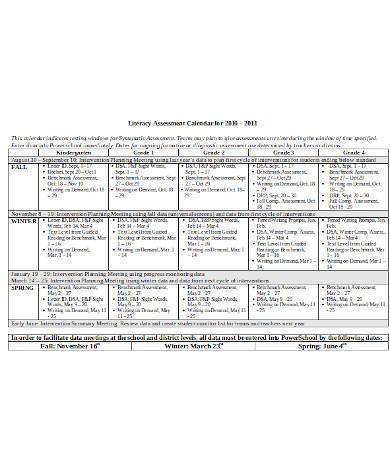12 months-Spherical Calendar 24-25 Evaluation Overview and Abstract: A Complete Look
Associated Articles: 12 months-Spherical Calendar 24-25 Evaluation Overview and Abstract: A Complete Look
Introduction
With nice pleasure, we’ll discover the intriguing matter associated to 12 months-Spherical Calendar 24-25 Evaluation Overview and Abstract: A Complete Look. Let’s weave attention-grabbing info and provide recent views to the readers.
Desk of Content material
12 months-Spherical Calendar 24-25 Evaluation Overview and Abstract: A Complete Look

The implementation of year-round calendars (YRCs) continues to achieve traction in numerous academic settings, pushed by a want to enhance scholar studying outcomes and handle the challenges of conventional faculty constructions. The 2024-2025 tutorial yr presents one other alternative to evaluate the efficacy and affect of those various calendars. This text gives a complete overview and abstract of the evaluation panorama surrounding YRCs for the 2024-2025 interval, encompassing numerous facets of analysis and the important concerns concerned.
I. Defining the Scope of Evaluation:
Assessing the effectiveness of a YRC requires a multi-faceted method, shifting past easy metrics like standardized take a look at scores. A strong evaluation ought to incorporate a number of key areas:
-
Tutorial Achievement: This stays a core ingredient, measured by means of standardized checks (state assessments, nationwide benchmarks), classroom-based assessments (initiatives, shows, essays), and efficiency duties. Nevertheless, merely evaluating YRC colleges to conventional calendar colleges may be deceptive with out controlling for socioeconomic elements, scholar demographics, and faculty sources. Subsequently, longitudinal research monitoring scholar progress over a number of years are essential. For 2024-25, the main target shall be on analyzing knowledge collected all year long, evaluating scholar efficiency throughout the YRC mannequin itself (e.g., evaluating efficiency throughout totally different intersessions), and evaluating year-over-year progress throughout the identical cohort of scholars.
-
Scholar Effectively-being: YRCs are sometimes touted for his or her potential to cut back summer season studying loss and enhance scholar well-being. Evaluation on this space requires qualitative and quantitative knowledge, together with surveys measuring scholar engagement, stress ranges, attendance charges, and psychological well being indicators. For 2024-25, researchers ought to discover the affect of particular YRC constructions (e.g., 45-15, 9-weeks on/3-weeks off) on scholar well-being and determine potential correlations between particular calendar constructions and particular well-being outcomes.
-
Trainer Satisfaction and Skilled Improvement: The success of a YRC hinges on trainer buy-in and efficient skilled improvement. Surveys, interviews, and focus teams can present precious insights into trainer perceptions of the calendar, workload, and the effectiveness of assist offered. The 2024-25 evaluation ought to analyze trainer retention charges in YRC colleges, trainer suggestions on curriculum adaptation and intersession actions, and the effectiveness {of professional} improvement packages designed to assist the distinctive challenges of YRCs.
-
Household and Group Engagement: YRCs necessitate elevated household and neighborhood involvement because of the non-traditional schedule. Evaluation ought to embody surveys and focus teams to gauge parental satisfaction with the calendar, its affect on household routines, and the accessibility of faculty sources and extracurricular actions. For 2024-25, a key space of focus must be the affect of communication methods employed by colleges to maintain households knowledgeable and engaged all year long.
-
Operational Effectivity and Useful resource Allocation: Implementing a YRC includes logistical challenges. Evaluation ought to analyze elements resembling facility utilization, staffing wants, transportation prices, and the efficient utilization of sources throughout intersessions. This facet is especially essential for 2024-25, permitting for an in depth evaluation of useful resource allocation methods and their effectiveness in maximizing the advantages of the YRC.
II. Methodological Concerns:
Efficient evaluation of YRCs requires rigorous methodologies. Key concerns embody:
-
Management Teams: Comparisons to conventional calendar colleges are essential however require cautious number of management teams to account for confounding variables. Matching colleges based mostly on demographics, socioeconomic standing, and tutorial efficiency is essential. Propensity rating matching or different statistical strategies may also help mitigate choice bias.
-
Longitudinal Research: The results of a YRC are prone to unfold over time. Longitudinal research monitoring scholar progress over a number of years present extra sturdy proof than single-year snapshots. For 2024-25, researchers ought to proceed to trace the longitudinal knowledge of cohorts initially launched to YRCs in earlier years.
-
Combined Strategies Strategy: Combining quantitative knowledge (take a look at scores, attendance charges) with qualitative knowledge (interviews, observations) gives a extra complete understanding of the YRC’s affect. This mixed-methods method is important for a nuanced understanding of the complexities concerned.
-
Information Assortment and Evaluation: Dependable knowledge assortment devices and rigorous statistical evaluation are important. Researchers ought to use validated evaluation instruments and make use of acceptable statistical strategies to account for potential biases and confounding variables. For 2024-25, the standardization of knowledge assortment strategies throughout totally different YRC implementations is important for comparative evaluation.
III. Challenges and Limitations:
A number of challenges and limitations have an effect on the evaluation of YRCs:
-
Lack of Standardization: YRCs differ considerably of their construction and implementation. This lack of standardization makes it tough to attract generalizable conclusions from analysis findings.
-
Information Availability: Entry to complete knowledge throughout totally different YRC colleges might be difficult, hindering comparative analyses.
-
Moral Concerns: Making certain the moral remedy of scholars and households concerned in analysis is paramount. Knowledgeable consent and knowledge privateness are essential.
-
Value and Sources: Conducting rigorous analysis on YRCs requires vital monetary and human sources.
IV. Particular Evaluation Focus for 2024-25:
The 2024-25 evaluation yr ought to prioritize a number of key areas:
-
Influence of Intersessions: An in depth evaluation of the effectiveness of intersessions in addressing studying loss, enhancing scholar engagement, and offering alternatives for enrichment actions is essential. This contains analyzing the kinds of actions supplied, scholar participation charges, and the affect on subsequent tutorial efficiency.
-
Longitudinal Monitoring of Scholar Outcomes: Persevering with to trace the tutorial progress and well-being of scholars who’ve been in YRC packages for a number of years is significant to understanding the long-term results of the calendar.
-
Trainer Suggestions and Skilled Improvement Effectiveness: An intensive analysis of trainer coaching packages and their effectiveness in equipping academics with the abilities and sources to thrive in a YRC surroundings is important. This contains analyzing trainer satisfaction, workload administration, and curriculum adaptation methods.
-
Household and Group Engagement Methods: Assessing the effectiveness of communication methods employed by colleges to maintain households knowledgeable and concerned all year long is essential. This contains evaluating the accessibility of knowledge, parental satisfaction, and the affect on household routines.
-
Value-Effectiveness Evaluation: Conducting a complete cost-benefit evaluation of YRC implementation, contemplating each the preliminary funding and the long-term monetary implications, is essential for informing coverage selections.
V. Conclusion:
The evaluation of year-round calendars for the 2024-2025 tutorial yr requires a multifaceted and rigorous method. By using numerous methodologies, addressing methodological challenges, and specializing in key areas resembling intersession effectiveness, longitudinal outcomes, and trainer and household engagement, researchers can generate precious proof to tell the continuing debate surrounding the efficacy of YRCs. The findings from these assessments shall be essential for guiding future coverage selections and refining the implementation of YRCs to maximise their potential advantages for college students, academics, and the broader academic neighborhood. The last word objective is just not merely to check YRCs to conventional calendars, however to grasp the right way to optimize YRC constructions to finest serve the wants of numerous scholar populations and create a more practical and equitable academic system. This requires ongoing, collaborative analysis and a dedication to evidence-based decision-making.








Closure
Thus, we hope this text has offered precious insights into 12 months-Spherical Calendar 24-25 Evaluation Overview and Abstract: A Complete Look. We hope you discover this text informative and helpful. See you in our subsequent article!